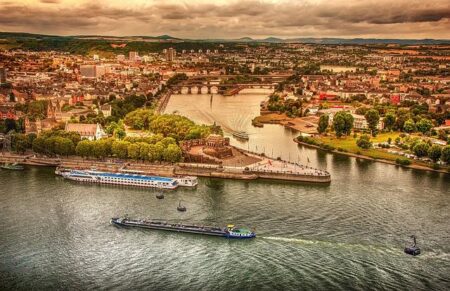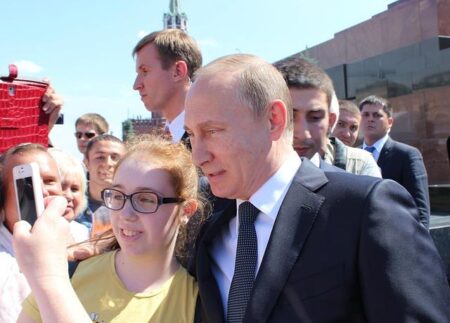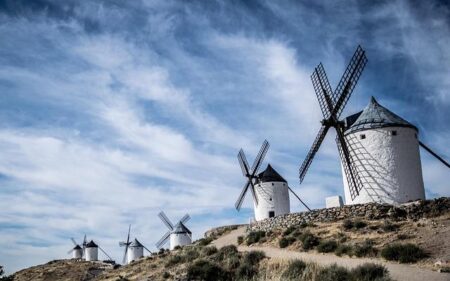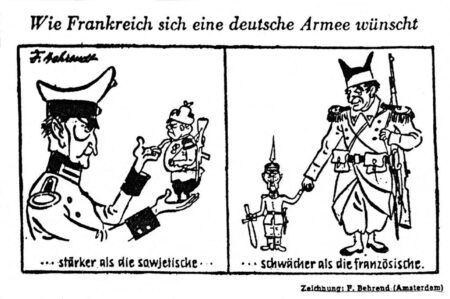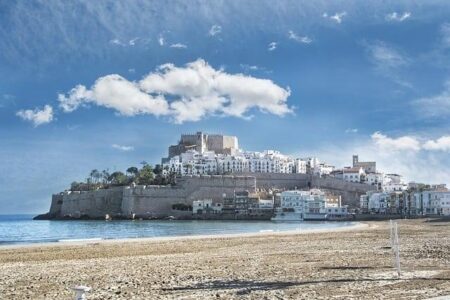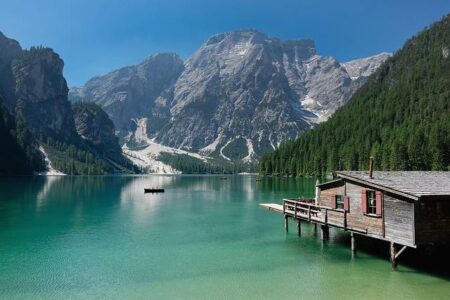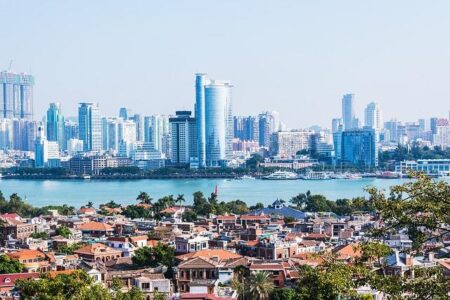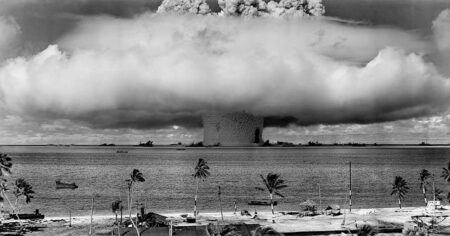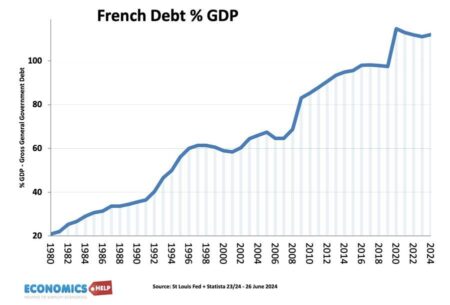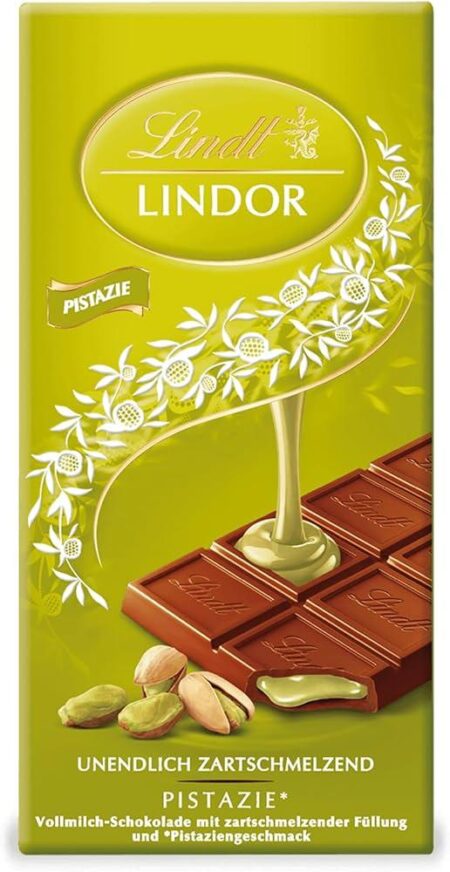Germany’s shift towards a robust economic model, spurred by increased defense spending and sustainability initiatives, presents unique investment opportunities. Sectors like renewable energy and technology are poised to thrive amid this transformation.
Browsing: Europe
In a call for decisive action, UK Labour leader Keir Starmer urged Russian President Vladimir Putin to abandon his delaying tactics in the ongoing conflict in Ukraine. This statement came as the UK hosted a meeting of Ukraine allies, reinforcing support amid rising tensions.
In “Photographing the Final Days of World War II in Germany,” The Atlantic explores the poignant imagery captured as the conflict drew to a close. These haunting photographs reveal the human cost of war and the profound impact on a nation in turmoil.
Spain and Morocco are strengthening their partnership to navigate the challenges of global competition. As strategic allies, both nations aim to enhance economic ties and security cooperation, showcasing a united front in an increasingly complex geopolitical landscape.
In a significant shift, Germany has committed to rearmament in response to rising global tensions. This decision reflects a renewed focus on military readiness and a pledge to enhance defense capabilities, signaling a potential transformation in European security dynamics.
As Germany embraces expansive fiscal policies to stimulate its economy, questions arise about the implications for the Eurozone. Will its robust spending capacity create tensions among member states or lead to a stronger, more unified Europe?
Woad, the historic blue dye once prized in Europe, is experiencing a revival in France. As artisans and farmers seek sustainable alternatives, this ancient plant offers a glimpse into the country’s rich textile heritage and eco-friendly practices.
France’s nuclear capabilities serve as a strategic deterrent not only for itself but potentially for its European allies. However, the question remains: can its neighbors effectively integrate under this nuclear umbrella while navigating their own security concerns?
Germany’s recent shift in fiscal policy marks a significant turnaround, as increased spending aims to bolster its economy and strengthen its role within the European Union. This move positions Germany back at the forefront of European decision-making.
Spain is harnessing the power of industrial clusters to spearhead Europe’s energy transition. By fostering collaboration among businesses, research institutions, and government, the country is accelerating innovation in renewable energy and sustainable practices.
Emmanuel Macron is navigating a significant diplomatic comeback as he shifts focus from France’s domestic challenges to revitalizing Europe’s defense strategy. His efforts aim to strengthen regional security amid rising global tensions and ongoing geopolitical shifts.
European travelers can now apply for an Electronic Travel Authorization (ETA) as part of enhanced border security measures. This new requirement aims to streamline entry into various countries while ensuring compliance with safety protocols.
As travel trends shift, a new favorite is emerging for 2025: Croatia. With its stunning coastline, rich history, and vibrant culture, this hidden gem is poised to outshine traditional hotspots like Spain, Italy, and Greece. Tourists are taking note.
Italy has put forward a proposal to extend NATO’s Article 5 protections to Ukraine, emphasizing collective defense in the face of ongoing aggression. This initiative aims to bolster Ukraine’s security and reinforce NATO’s commitment to regional stability.
French President Emmanuel Macron is reigniting discussions on a European nuclear umbrella following heightened tensions from the recent Trump-Zelensky confrontation. This move reflects Europe’s strategic reassessment amid evolving geopolitical dynamics.
As the US trade war intensifies, China is set to increase food imports from Latin America and Europe. This strategic shift aims to diversify its supply sources and strengthen economic ties, signaling a significant change in global trade dynamics.
In light of shifting U.S. support for Ukraine, President Macron expressed willingness to extend France’s nuclear umbrella to European allies, highlighting the need for regional security cooperation amid evolving geopolitical tensions.
French President Emmanuel Macron announced plans to consult with European allies regarding the strategic role of France’s nuclear deterrent in enhancing European security. This initiative aims to strengthen collaboration amid growing geopolitical tensions.
French Economy Minister Bruno Le Maire has proposed the introduction of a tax on the wealthy to support the nation’s military expansion efforts. This initiative aims to bolster France‚Äôs defense capabilities amid increasing geopolitical tensions in Europe.
Lindt has announced plans to supply chocolate to Canada from Europe, aiming to avoid tariffs that increased costs for importing goods. This strategic move underscores the company’s efforts to maintain competitive pricing amid international trade challenges.

